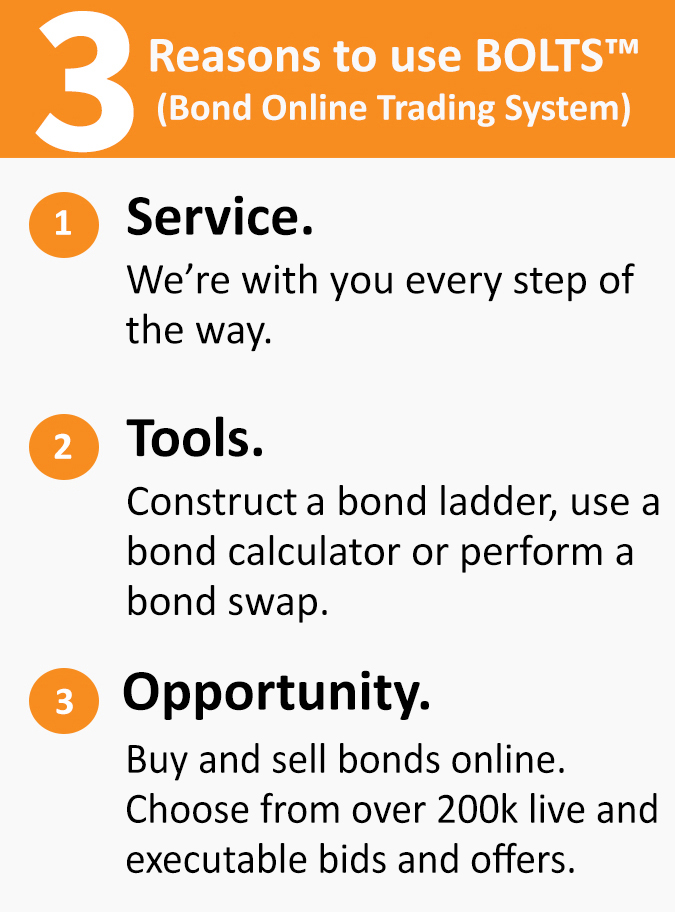Exchange Traded Funds (ETF’s)
An exchange-traded fund (or ETF) is an investment vehicle traded on exchanges, much like individual stocks. An ETF holds securities such as stocks or bonds and trades at approximately the same price as the net asset value of its underlying securities over the course of the trading day. Many ETFs track indexes, such as the Dow Jones Industrial Average or the S&P 500.
ETFs generally provide the easy diversification, low expense ratios, and tax efficiency of index funds, while still maintaining all the features of ordinary stock, such as being traded throughout the day, limit orders, short selling, and options. Because ETFs can be efficiently acquired, held, and sold, some investors invest in ETF shares as a long-term investment for asset allocation purposes, while other investors trade ETF shares frequently to implement market timing investment strategies.
Advantages of ETFs:
Non-Traditional ETFs
These are more complex ETFs which may invest in futures, options, forward contracts or swaps. The general categories of these are: leveraged, inverse, leveraged inverse, futures, ETNs and ETFs of ETFs. These are complex investment products which are meant for sophisticated, speculative investors only, as part of an overall investment strategy. Investors need to be aware that risks and returns can differ greatly from the funds objectives as well as from more traditional investments, including traditional ETF’s.
Investors need to be able to answer the following questions:
ACAP Trading suggests investors do thorough research prior to investing in non-traditional ETF’s. You should read the entire prospectus and understand the special features of the position.
Please refer to the links below in order to assist you in beginning with this process:
http://www.finra.org/Newsroom/NewsReleases/2009/P119820
http://www.sec.gov/investor/pubs/leveragedetfs-alert.htm
Contact Us:
To find out more about exchange traded funds (ETF’s), either call our office at
(855) 846-ACAP, fill out our brief contact form or email us at [email protected].



